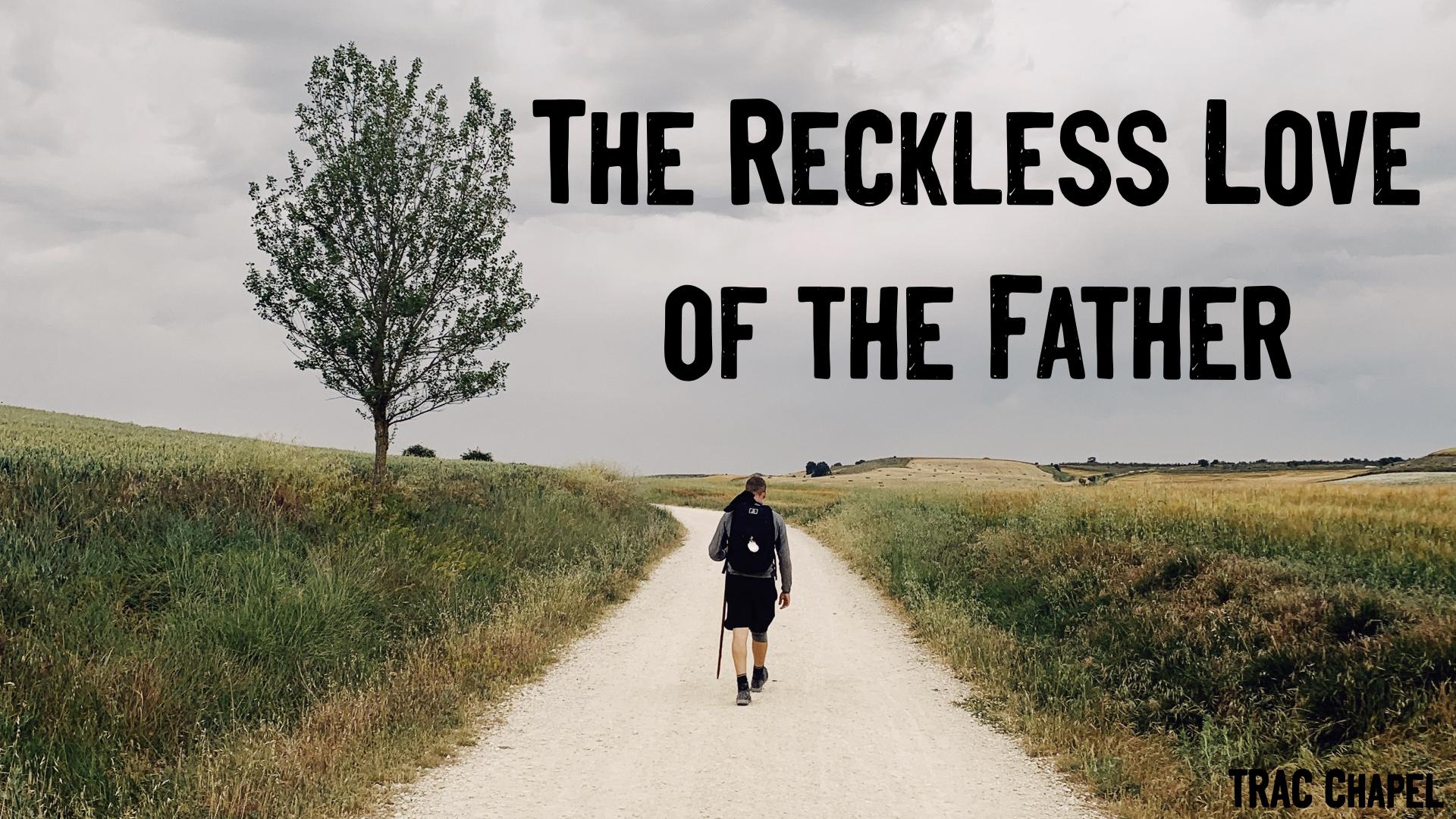COLLEGE CHAPLAIN

‘Like a bird that flees its nest
is anyone who flees from home’
—Proverbs 27:8
‘Foxes have dens and birds have nests,
but the Son of Man has no place to lay his head’
— Luke 9:58
How do you know you’re home? It may seem a peculiar question because you’re home when you’re home; it’s a geographic location. But is home more than that? The home I grew up in was in Sydney, in a hilly, leafy suburb where the air was sweet and humid and we played cricket in the cul de sac. When I go back to visit family, I know it isn’t my home anymore, and my experience of my parent’s house is different. However, when I go for a walk around the leafy streets, a breeze might whip a familiar smell and all of sudden I’ll feel I’m home.
After I had moved to Wagga and lived here for several years it became home too. The dry heat, the huge expanse of sky, the smell of evaporative air-conditioning became home. So when I eventually went back to Sydney for a few years to do my ministry training, Sydney didn’t feel like home. When I would catch the train in the evenings and get off at Strathfield station, I would often see the Countrylink train waiting at the platform, with Wagga Wagga listed as a stop. Once I saw someone in an Aggies jersey get on the train, and all of a sudden I was home again. I could feel it. My feet wanted to run to the next platform and jump inside the carriage.
The feeling of home is like that. It can be elusive, hard to define and pin down, but when we feel it, we know it. Furthermore, we can’t manufacture home. We know what a home should be like, but we can’t always create that experience. Our homes can be places of frustration and conflict. Sadly, our homes can all too often be places that are simply not safe.
Despite this, most of the time our dissatisfaction with home can be that it is just not satisfying us. We’re not getting what we want from it and so we leave, but we’ll never really go far. We still chase the familiar, the experiences of home, even if we’re in a different place. It’s interesting how many of our Year 12s each year make the big bold adventurous move to the distant shores of Wollongong Uni, where they spend all their time there experiencing the familiarity of studying with their school friends, partying with their school friends, working with their school friends. They don’t call it Waggagong for nothing!
The younger brother in Jesus’ Parable of the Prodigal God captures our troubled feelings with home. He’s in a good home, with a loving Dad and clearly has the provision of food, shelter and security, but he’s not satisfied and so he leaves in search of brighter horizons. He takes the inheritance and runs. When the cash runs out, what does he return to? The familiar activity of home, tending livestock. It is while he is toiling with the pigs, longing to eat their slops that Jesus tells us ‘he came to his senses’(Luke 15:17). Home. That’s what the younger brother is longing for and so he sets out, hoping to find peace, at home with the Father.
The reason why all of us can probably empathise with this younger brother to some degree is because Jesus’ parable is not just about a particular younger son. It’s our parable, the true parable of humanity. A truth repeated again and again in the Bible. Because the truth is that this parable is just playing out the story of time immemorial, when Adam and Eve enjoyed the tastes, sounds and scents of their home in the Garden of Eden, but failed to take God their Father at his word. They refused to believe that here in the Father’s home, he had their best interests at heart. They were dissatisfied with the very good creation God had made for them, and so they ditched their heavenly Dad. They grab the fruit and run. They seek satisfaction somewhere else, but they don’t get it.
For home now includes weeds, thorns and thistles, deception, betrayal and decay, but still all mixed in with the sweet aromas of freshly baked bread, a warm bed, a fireplace. Home has now become an assault on the senses, the bad mixed in with the good, which makes you want to flee and to stay all at the same time. It’s a a frustrating experience. One that is repeated all too often in the Bible. Adam and Eve’s son, Cain, murders his brother Abel out selfish dissatisfaction and becomes a restless wanderer on the Earth. Far from home, never satisfied, always looking over his shoulder. Later Jacob cheats his Father and brother and does a runner from home, but longs to come back. Jacob’s family then all leave home to settle in Egypt, but they become enslaved, longing to be allowed home. When they do escape, God’s people wander restlessly in the desert for 40 years looking for home. When they get there, they’re dissatisfied with it and are eventually driven out again into slavery. Time and again, the ebbs and flows of human history are about wanting to be home, but home never satisfying us when we’re there.
As the Easter break approaches you might be looking forward to some down time at home, a bit of chocolate and chilling. Yet the sibling squabbles will still be there, the stomach aches from too many Easter eggs, and there are moments of loneliness in your home, which can be unbearable. Home is a good thing, but we know even at its best, it can still be a little off—soured. We get wafts and tastes of what home should really be like, but we know everything’s not alright. We don’t have to look far from home to see that the world, as it now exists, is not the home for which we long.
A real final homecoming, the kind of return home that the younger brother received, that will require a radical change not just in our nature, but also in the natural world. Ever since Eden, the fruit has been rotting on the vine. We need someone to enter into this mess, someone who has spent his whole life longing for home, because he actually deserved to be there. Jesus left his Father’s side from heaven, not because he took the cash and ran, but because he knew he had to enter our homesickness in order to restore it.
For Jesus knows the feelings of loss and loneliness all too well. Born into poverty, a refugee in a foreign land, 40 days in the wilderness without food, executed outside of the city walls, rejected by his own people and crying ‘My God, my God, why have you forsaken me?’(Mark 15:34). Jesus’ life was one of emptiness and homelessness. Ultimately, when the God who reigns above the universe abandoned Jesus on that Good Friday, Jesus was cast into the uttermost despair of the full curse of human rebellion. It was a moment of cosmic homelessness, so that we could be welcomed home. Jesus experienced complete homelessness for us, so that we can know we are home with the Father, even though we are not experiencing that yet.
And it will be an experience. Going home to the Father, is not just a pithy expression for floating up into the clouds. No, just as the younger son saw the glistening of his Father’s ring on his finger, felt the fine velvet of his Father’s robe on his shoulders, heard the partying in the mansion and smelled the banquet that awaited—he experienced being home.
As Easter approaches we need to know that a feast that we can taste and see awaits the sons and daughters who are brought home to the Father through Jesus’ death and resurrection.
This is an edited extract from this term’s Chapel series. You can listen to each week’s Chapel talk on Spotify, Apple Podcasts, or wherever you get your podcasts.
Gareth Tyndall | College Chaplain


